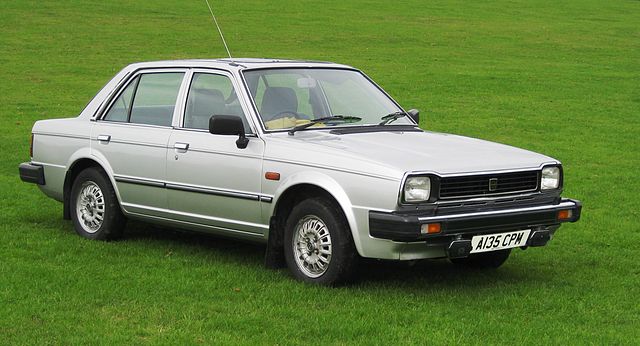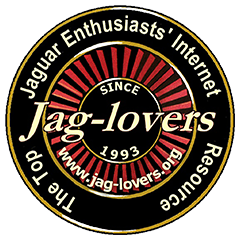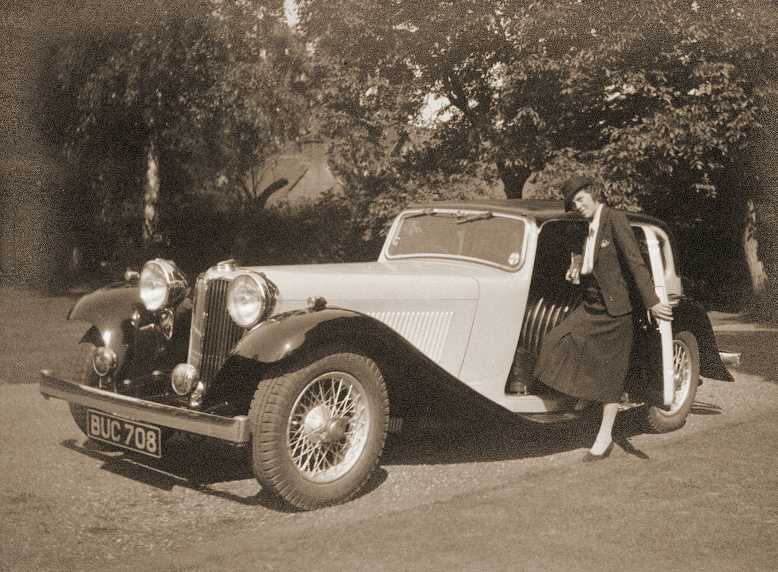
Standard Motor Company’s history began in 1903, when it was founded in Coventry by Reginald Maudslay. Their beginnings were humble, with just 7 employees making single cylinder, rear wheel drive cars with three speed transmissions.
Coventry was once the “Detroit/Motor City” of the UK, with great names such as Standard, Triumph, Daimler, and Jaguar building their cars there. As we’ve covered in A Brief History of Jaguar – Part 1, Standard played a central part in the early days of Jaguar.
Standard produced a range of small cars and by 1924 were as successful as Austin, their main competitor, producing over 10,000 cars. Then followed a period of struggling, before the company became profitable again when new management decided to branch out and produce chassis for third party coach builders.
Up until this point, The Swallow Sidecar Company (the precursor to Jaguar) had mainly purchased unfinished chassis from Austin (but also from Fiat and Wolseley).
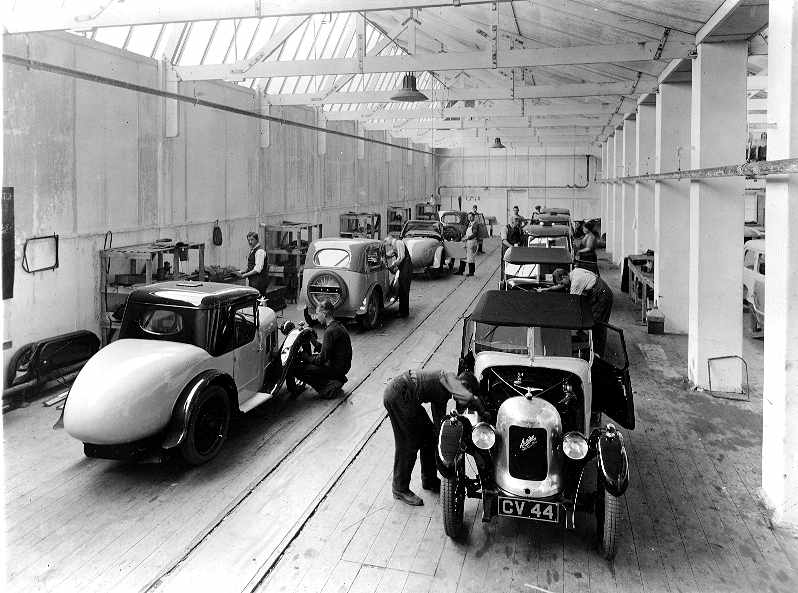
In 1927 The Swallow Sidecar Company moved from Blackpool to Foleshill, in the north of Coventry. In 1931 they started production of the first Standard-based SS I and SS II motorcars, under the name of SS Cars. The chassis were bespoke (exclusive) to SS Cars and were based on the 16HP Ensign.
Around 1948, the two companies parted ways. Standard purchased Triumph in 1945 and became Standard-Triumph, while SS Cars changed their name to Jaguar Cars after the war.
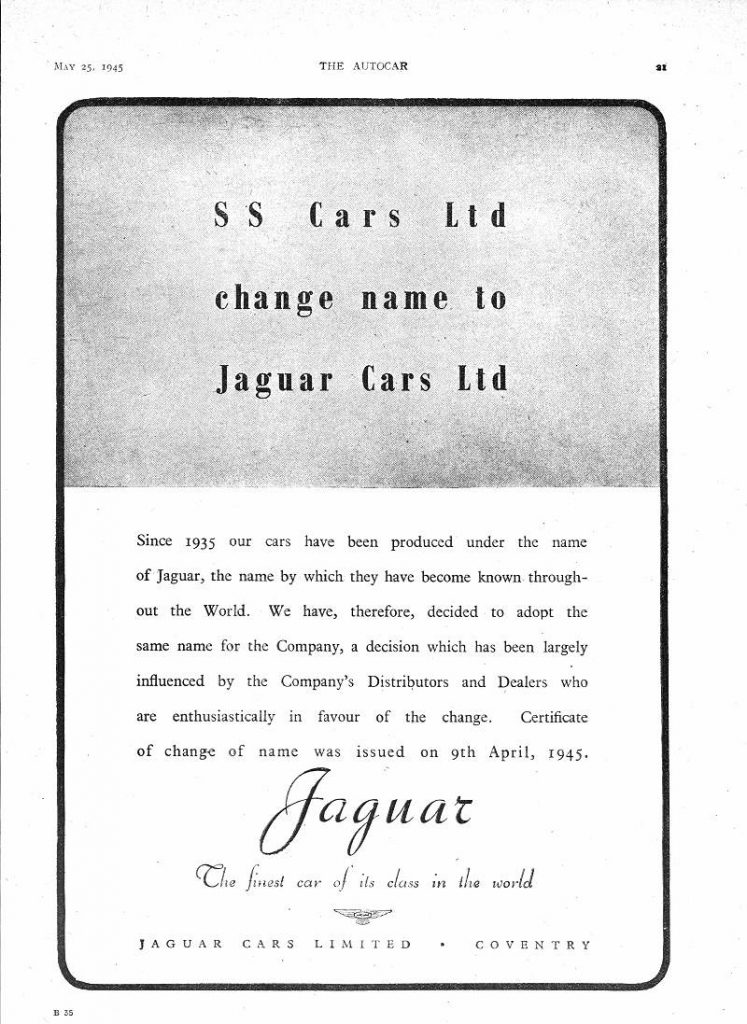
Standard-Triumph even got into producing tractors, and manufactured over 500,000 Ferguson tractors until the partnership with Massey Ferguson ended in 1959.
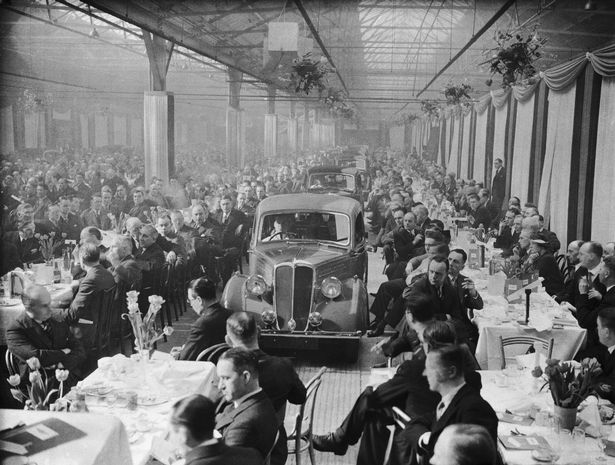
After the TR2 was launched in 1953, Triumph became the dominant brand in Standard-Triumph, which culminated with Standard disappearing altogether in 1963. Triumph soldiered on through Leyland ownership, later British Leyland Motor Corporation, and finally the (Austin) Rover Group.
In 1981 Triumph introduced the Acclaim, a rebadged Honda. The end came, mercifully, in 1984, when that car was replaced by the Rover 200, and the Triumph brand was no more.
